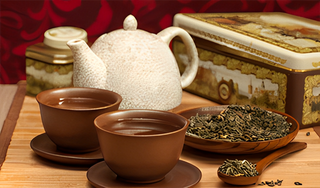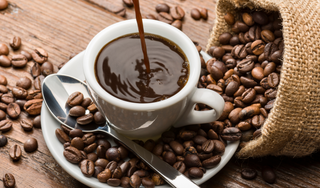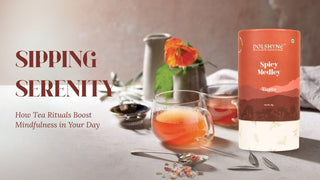In a world that runs on notifications, deadlines, and endless to-do lists, finding moments of peace can feel like a luxury. Yet, the pursuit of mindfulness—being fully present and engaged in the moment—is increasingly recognized as essential for well-being. While meditation and breathwork are popular routes, there’s a quieter, more accessible practice that can anchor your day: the simple ritual of making and enjoying tea.
The Role of Tea Rituals in Enhancing Mindfulness
Mindfulness isn’t about emptying the mind or escaping reality. It’s about tuning in—paying attention to what’s happening right now, without judgment. Tea rituals naturally foster this state. The process of preparing tea, from boiling water to pouring into your favorite cup, invites you to slow down and notice each step. There’s intention behind every action, and that intention is what transforms a routine task into a mindful experience.
The sensory nature of tea rituals plays a key role here. When you scoop out tea leaves, you might notice their texture and subtle aroma. As water heats and steam rises, there’s a gentle sound and a visual cue to pause. Pouring water over leaves releases a fragrance that fills the air, grounding you in the present. Even the warmth of the cup in your hands and the color of the brew can become points of focus, drawing your awareness away from distractions. Each step requires conscious attention, pulling your mind away from autopilot mode and into active engagement with the present.
Psychological Benefits of Tea Rituals
Consistent tea rituals function as powerful psychological pattern interrupts—structured breaks that halt the momentum of stress and automatic thinking. These intentional pauses trigger the body's natural relaxation response and counteract the chronic stress that plagues modern life.
Routine is another powerful element. When you consistently set aside time for tea, your brain begins to associate the ritual with relaxation and focus. Over time, this association can become a reliable cue for your body and mind to unwind, even on the busiest days. The predictability of a tea ritual offers stability, which is especially comforting in a world that often feels unpredictable.
Tea rituals also encourage emotional regulation. The act of slowing down, even for a few minutes, creates space to process feelings and thoughts. Instead of reacting impulsively to stress, you’re more likely to respond thoughtfully, having given yourself a moment to breathe and reflect.
Integrating Tea Rituals into Your Daily Routine
The beauty of mindful tea practice lies in its adaptability to any lifestyle or schedule. Rather than requiring additional time, tea rituals transform existing beverage breaks into opportunities for mindfulness and renewal.
Morning Foundation: Begin each day with intentional tea preparation. Instead of checking phones or rushing through morning routines, dedicate the first few minutes to mindful brewing. Notice the steam rising from your cup, feel the warmth spreading through your hands, and set positive intentions for the day ahead. Dolshyne’s Poobong Darjeeling First Flush Tea is the perfect blend to start your morning rituals on a calming note.
Midday Reset: Transform afternoon energy dips into mindful breaks. Step away from screens, choose a tea that matches your current needs—energizing green tea for focus or calming chamomile for stress relief—and spend five minutes in complete presence with the brewing and drinking process. For instance, Dolshyne’s Herbal Harmony blend helps you reset the mood just right.
Evening Transition: Create a tea ritual that signals the shift from work mode to personal time. Caffeine-free options like Soulful Relax Classic, Blue Pea Oasis, Spicy Medley, etc., blends support this transition while the ritual itself helps your mind and body recognize that the day's demands are complete.
Personalization is key. Choose teas that you genuinely enjoy, whether it’s a robust black, a soothing green, or a fragrant herbal blend. Select cups or mugs that feel good in your hands, and consider your environment—maybe you prefer a sunlit corner, a cozy chair, or even a spot by the window. The goal isn’t perfection, but authenticity. Your ritual should feel like a natural extension of your day, not another task on your list.
The Broader Impact of Mindful Tea Practices
The effects of mindful tea rituals extend well beyond the cup. When you take time for these small pauses, you’re likely to notice improvements in focus and decision-making. The clarity gained from a few minutes of presence can help you approach challenges with a calmer, more balanced perspective.
These mindful moments can also influence your interactions with others. When you feel centered, you’re more patient and attentive—qualities that enrich relationships at home and work. Over time, the cumulative effect of these pauses can lead to greater resilience and emotional well-being.
Mindfulness need not require special training, expensive equipment, or significant time investments. The simple act of preparing and drinking tea with intention and attention can serve as a powerful gateway to greater presence, reduced stress, and enhanced well-being. Whether you have two minutes or twenty, whether you prefer simple tea bags or elaborate brewing ceremonies, the invitation remains the same: use this moment to return to yourself and reconnect with the present.




